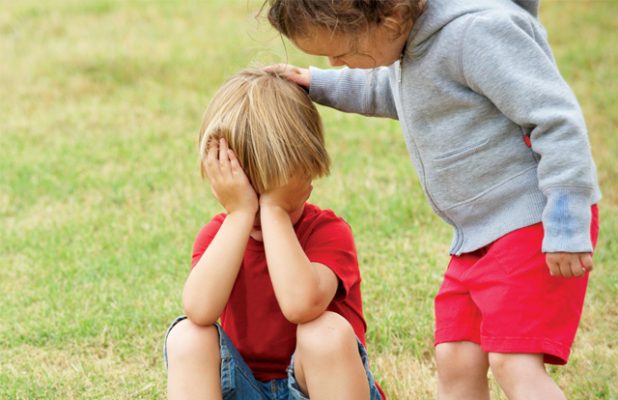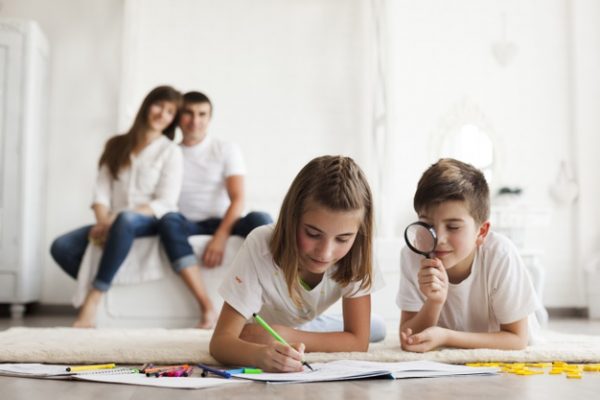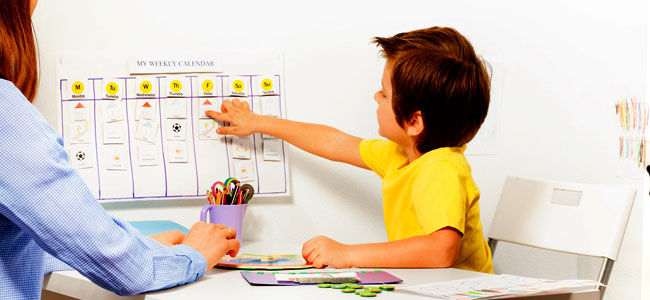At Euroamerican College, we celebrate the International Day of Peace (September 21) by encouraging students to reflect through a series of activities planned during a week. Three years ago, a dedicated teacher discovered with her students a movement that promotes peace, kindness, and respect in educational communities worldwide. The initiative immediately captivated us, leading us to participate in The Great Kindness Challenge. In September of last year, in partnership with NGOs The Great Kindness Challenge and Kids for Peace, we managed to gather 69 public and private schools from 17 cities nationwide, involving a total of 30,971 students from Preschool, Elementary, and Secondary levels.
The driving force behind us as educators is that by shaping children and young people with a purpose in life, values, and habits of good coexistence such as honesty, respect, and kindness, we are cultivating the great civic change that our country needs. This is not just an idealistic aspiration. Currently, affective neuroscience research claims that we have the opportunity to develop kind qualities in every individual.
Richard Davidson (New York, 1951), a doctor in Neuropsychology, founder and director of the Center for Healthy Minds Research, has scientifically demonstrated that the basis of a healthy brain is kindness, compassion, and tenderness. He aims to implement the Healthy Minds program through a global platform involving all sectors: education, health, international businesses, and the World Economic Forum.
Initially, Davidson wanted to investigate the brain mechanisms of depression, stress, and anxiety. His scientific interest led him to Harvard, where he had the opportunity to work alongside Daniel Goleman. There, he stumbled upon meditation and in his quest, he traveled to India where he met the Dalai Lama. Since then, he directed his research focus towards kindness, tenderness, compassion, well-being, and happiness, words never before mentioned in any scientific study.
By learning to train his own brain, Davidson discovered that a calm mind can produce well-being. His research indicates that by nurturing tenderness in children and adolescents, their academic performance, emotional well-being, and health improve. One of his most significant findings is that kindness, tenderness, and goodness can be developed at any age.
Common sense tells us that kindness is a positive, free, and “contagious” energy. Each act of kindness generates a feeling of satisfaction, creating a chain of kindness that makes coexistence easier. It is important for all of us to contribute our share of kindness to gradually transform first our family environment, then our community, and ultimately our country. Together we can achieve it!
Gloria Elena Gurmendi,
Psychologist


